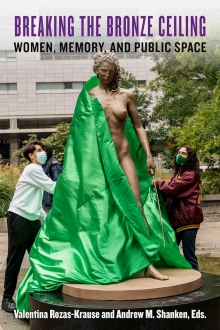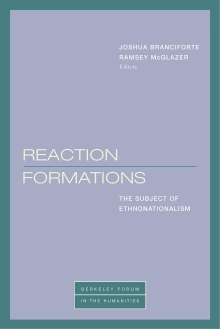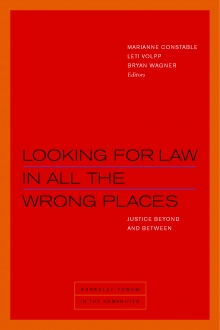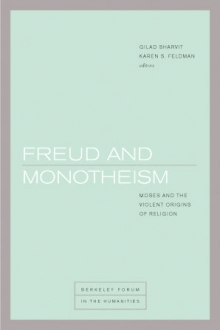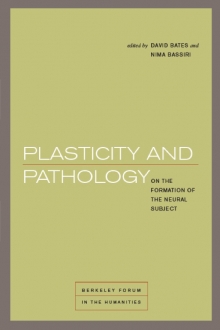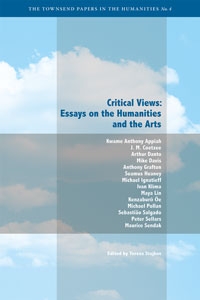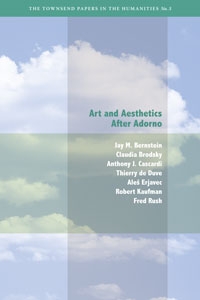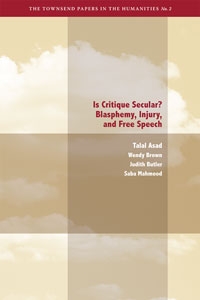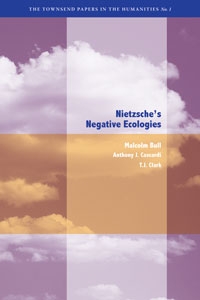Breaking the Bronze Ceiling uncovers a glaring omission in the global memorial landscape — the conspicuous absence of women. Exploring this neglected narrative, the book emerges as the foremost guide to women's memorialization across diverse cultures and ages. As global memorials come under intense examination, with metropolises vying for a more inclusive recognition of female contributions, this book stands at the forefront of contemporary discussion.
Many new right movements have in fact intensified or laid bare long-standing tendencies, but this volume seeks to address aspects of their cultural politics that raise new and urgent questions. How should we assess the new right’s disconcerting appropriations of strategies of minoritarian resistance? How can we practice critique in the face of adversaries who claim to practice a critique of their own? How do apparently post-normative versions of nationalism give rise to heightened forms of militarism, incarceration, censorship, and inequality?
For many inside and outside the legal academy, the right place to look for law is in constitutions, statutes, and judicial opinions. This book looks for law in the “wrong places” — sites and spaces in which no formal law appears. These may be geographic regions beyond the reach of law, everyday practices ungoverned or ungovernable by law, or works of art that have escaped law’s constraints.
Freud and Monotheism: Moses and the Violent Origins of Religion critically examines a range of discourses surrounding Freud’s Moses and Monotheism, taking as its entry point Freud’s relations to Judaism, his conception of tradition and history, his theory of the mind, and his model of transgenerational inheritance.
Plasticity and Pathology: On the Formation of the Neural Subject brings together diverse scholars interested in the historical and conceptual problems of life and particularly the life of human beings in the neural age.
This volume commemorates the twenty-fifth year of the Doreen B. Townsend Center for the Humanities and captures the breadth and depth of lectures and events presented by the center. Many are revised versions of lectures and presentations organized in connection with the annual appointment of the Avenali Professor in the Humanities or the Una’s Lecturer; several are based on other events presented by the center over the years, such as the “Humanities Perspectives on Aging” program or the “Futures” lecture series organized to commemorate the center’s tenth anniversary.
Theodor Adorno’s Aesthetic Theory (1970) offers one of the most powerful and comprehensive critiques of art and of the discipline of aesthetics ever written. The work offers a deeply critical engagement with the history and philosophy of aesthetics and with the traditions of European art through the middle of the 20th century. It is coupled with ambitious claims about what aesthetic theory ought to be. But the cultural horizon of Adorno’s Aesthetic Theory was the world of high modernism, and much has happened since then both in theory and in practice.
In this volume, four leading thinkers of our times confront the paradoxes and dilemmas attending the supposed stand-off between Islam and liberal democratic values. Taking the controversial Danish cartoons of Mohammad as a point of departure, Talal Asad, Wendy Brown, Judith Butler, and Saba Mahmood inquire into the evaluative frameworks at stake in understanding the conflicts between blasphemy and free speech, between religious taboos and freedoms of thought and expression, and between secular and religious world views.
Malcolm Bull offers a detailed analysis of nihilism in Nietzsche's works. Along with accompanying commentaries by Cascardi and Clark, he explores the significance of Nietzscheís views given the fact that a wide range of readers have come to embrace his ideas as new orthodoxy. There seem to be no anti-Nietzscheans today, but Bull demonstrates that this wide embrace of Nietzsche runs counter to the very meaning of nihilism as Nietzsche understood it.
